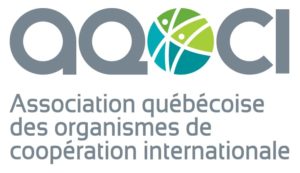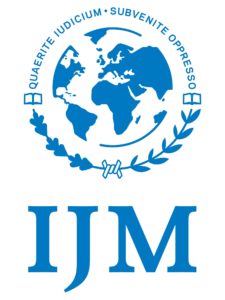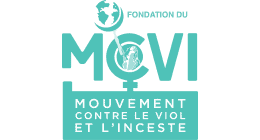Preventing Sexual Exploitation and Abuse in International Cooperation Annual National Conference
Date TBD
presented by
Canadian Council for International Cooperation
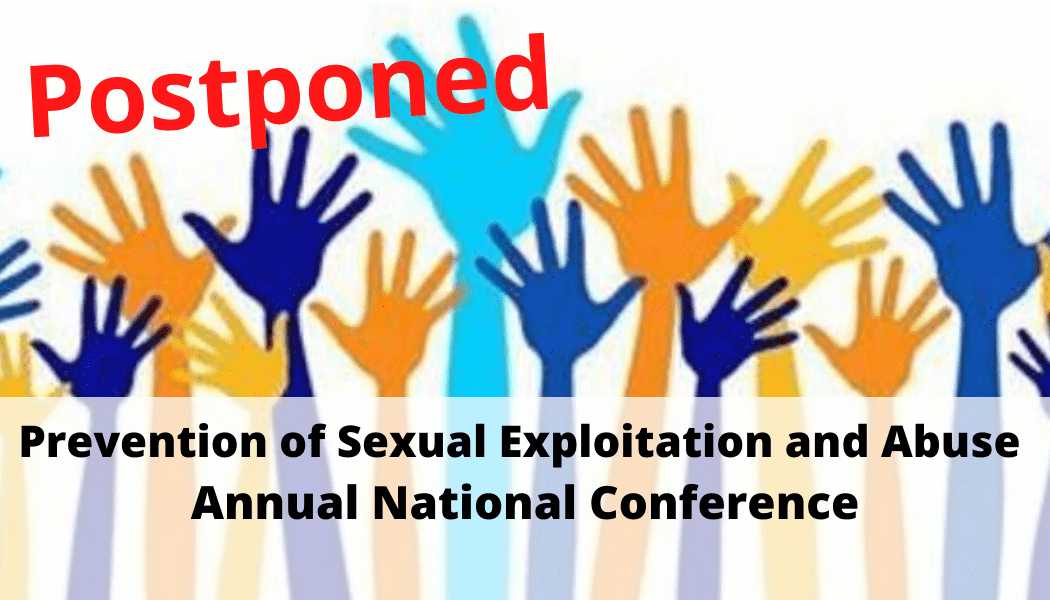
Summary
The Canadian Center for the Prevention of Sexual Exploitation and Abuse is convening Canadian civil society to explore resources and tools for fostering organizational culture change to support safe working environments and end Sexual Exploitation and Abuse (SEA).
International and Canadian practitioners will share their journey towards implementing policies and systems that ensure activities do no harm, and, when incidents occur, there is a necessary and appropriate survivor-centered support offered. During the conference, participants will share good practices and lessons learned, and gain resources and support from the sector that will help protect the rights of the ultimate beneficiaries of Canadian foreign assistance organizations!
Background
Recognizing power imbalances that can and have led to violations, world governments have endorsed in 2018 the “Joint Statement and 22 Commitments” to address sexual exploitation and abuse and sexual harassment in the international aid sector, and committed to cooperate on this issue.
As a participant and signatory of this international statement, the Government of Canada, through Global Affair Canada (GAC), affirms that in the delivery of international assistance, Canadian organisations must prevent sexual exploitation and abuse.
The Canadian Council for International Cooperation (CCIC) has facilitated the sector’s coordinated action to address and prevent sexual exploitation and abuse in development and humanitarian programs. Many organisations’ leaders have signed the “CCIC Leaders’ Pledge”. (https://staging.cooperation.ca/wp- content/uploads/2018/10/CCIC-Leaders-Pledge-Official.pdf)
Together, GAC and CCIC are collaborating in the creation of the Canadian Centre for Preventing Sexual Exploitation and Abuse. This partnership aims to increase awareness, use and sharing of gender-responsive policies and best practices, in order to enhance the ability of organizations working in international cooperation to reduce the risk of, and respond to, sexual exploitation and abuse.

KEYNOTE
Journey to address and prevent sexual exploitation and abuse in development co-operation – Best practice and lessons learned
- What progress has been made internationally?
- What role do leaders play in promoting culture change?
- What obstacles and challenges have been encountered?
- What are the next steps?
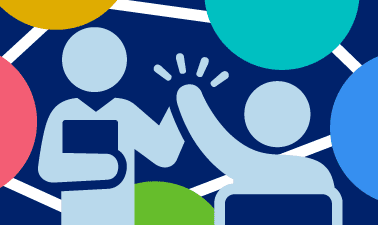
HALF-DAY TRAINING
Following the conference, the Centre will facilitate additional training sessions:
- L’accompagnement des personnes survivantes en contexte international
- Receiving a disclosure and accompanying survivors
**30 places available – Priority will be given to conference participants**
This training is made possible through a partnership with AQOCI and MCVI.

TARGET PARTICIPANTS
- CEOs of international development organizations;
- Focal Points on PSEA;
- Anyone interested in preventing sexual exploitation and abuse in international cooperation.
Agenda
March 25 Day 1
| 9:00 |
Registration and coffee |
||
|
9:30 |
Opening Nicolas Moyer, President-CEO, CCIC Minister (TBC) |
||
|
9:45 – 10:45 |
Opening Keynote:
|
||
|
10:45 – 11 :15 |
Coffee Break |
||
|
11:15 – 12:00 |
Presentation of the Centre Brigitte Demers Overview of resources, activities, and fora for dialogue being made available through the Canadian Centre for the Prevention of Sexual Exploitation and Abuse |
||
|
12:00 – 13:00 |
Lunch |
||
|
13:00 – 14:00 |
Breakout sessions: towards building communities of practice |
||
|
GAC Requirements on PSEA In September 2019, GAC changed their requirements for project funding. These new provisions can seem challenging. How do we know that we meet GAC PSEA expectations when developing a proposal?
|
Developing a PSEA policy and code of conduct in small and medium organisations Who should be involved in the process? How to advance this with scarce human resources? |
Reaching partners and beneficiaries How can we discuss PSEA and SH with global partners, and ensure Rights and reporting systems are communicated to beneficiaries? |
|
|
14:00 – 14:30 |
Coffee Break |
||
|
14:30 – 15:30 |
Breakout sessions: towards building communities of practice |
||
|
Risk assessment What are key risks that should be considered? How can we objectively assess them? What should an effective risk management system involve? |
Processing a disclosure When a disclosure is received by my organisation, what should I do? Real world reflections on ethical responses, and GAC’s requirements.
|
Round table scenarios Discuss “real life” situations and hear how colleagues from the sector would respond. Main takeaways will be discussed in a final plenary. |
|
|
15:30 – 16:00 |
Wrap Up : Best practice and lessons learned: the way forward. Nicolas Moyer, President-CEO, CCIC Minister (TBC) |
||
Date TBD
Training Objectives
- Acquire essential skills to support and guide survivors of sexual assault in the context of international cooperation.
- Better understand the support processes at the medical, psychosocial, legal and judicial levels.
- Explore options to provide international support.
Elements of training
- Helping attitudes in the face of disclosure
- The medical process and stages
- The system and the judicial stages
- Resources in Ottawa
- The limits of support
- Support in an intercultural context
- Access to resources abroad
Pricing & Registration
Prices differ for participants coming from out of town.
National Capital Region Rate
Outside of Town Rate
Half-Day Training
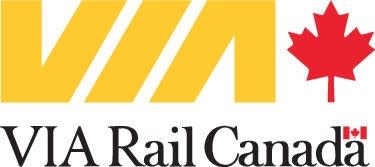
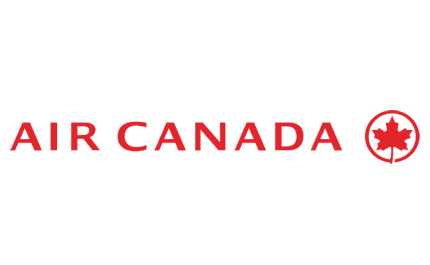

Our Sponsors & Contributors
This conference is made possible by the support and contributions from Global Affairs Canada.

Become a leader in preventing sexual exploitation and abuse in international cooperation by becoming a sponsor today!
To become a sponsor, email Madeleine Lemaire at [email protected]
